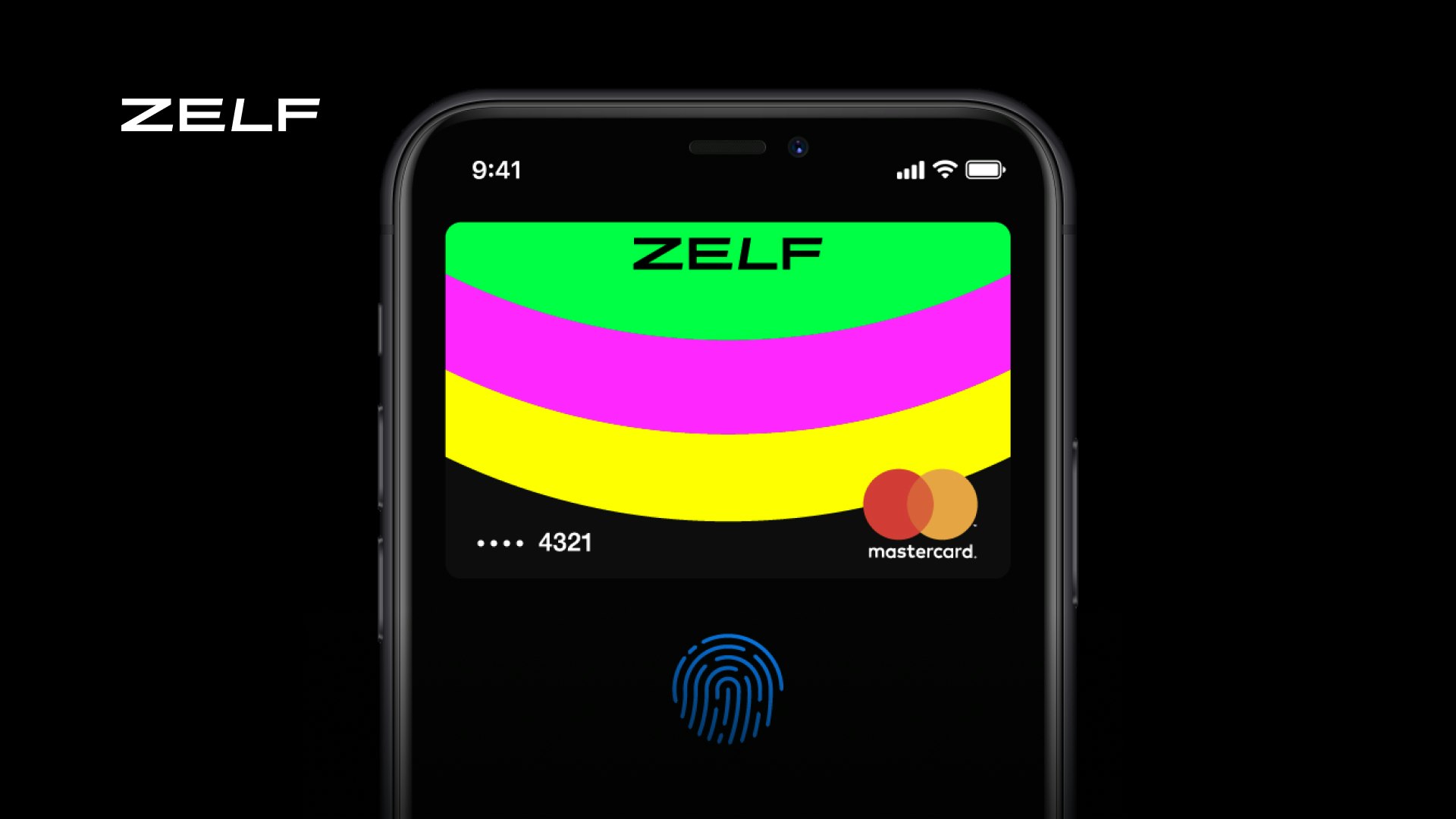Over the last decade, so-called “challenger” banks like Monzo, Starling and Revolut have served as beacons of opportunity, promising a new way of banking. This has prompted their predecessors — the incumbents — to undergo several phases of digital transformation; something I watched first-hand when I was a digital exec at Lloyds Bank.
But, so far, neither fintechs nor incumbent banks have truly transformed the finance industry. They have simply adapted the traditional banking model to a digital model, rather than finding new ways to provide credit, simplify payments, or make investment decisions.
Now, I fear, they are in a state of 'comfortable complacency' (a feeling that 'we have this digital thing under control'). There is still much more to be done.
A good way to understand banking transformation is the music industry analogy. Traditional banks are like Tower Records, the music-store chain popular in the '90s. Then came along Napster and iTunes (these are the challenger banks), who still just sold songs but in digital download form rather than physical form. iTunes challenged Tower Records and evolved the industry but the true transformation came with Spotify. They realised that customers did not want to buy songs; they wanted to listen to music and stream it.
Today, it’s unclear who the 'Spotify of banking' will be. Challenger banks have simply moved what older players did in-branch, online, following in the footsteps of iTunes. Some banks are creating fresh products, but they're not really changing the industry.
The 'transformation' stage requires fintechs to rethink what banking is and why its customers need it. Few, if any, have attempted this.
Imagining the perfect neobank
There are three things banking customers fundamentally need — and are worth disrupting. Let us try to imagine what 'transformation' in these areas could look like in 'The Ideal Neobank':
1. A Payment Account: Imagine a bank that allows you to seamlessly pay anyone, anywhere: be it your babysitter, your favourite retailer or a holiday home abroad. The bank takes care of everything and you can always be sure you will always get the fastest, cheapest, most secure solution possible.
2. A Credit Line: Instead of an overdraft, personal loan, credit card, car finance or a mortgage you get a credit line. The bank knows you and will advance cash (with guarantees if required) as you need it. You make one payment a month — like a subscription — to pay for it.
3. A Savings/Protection Tool: You have some excess capital and the bank enables you to buy any product in the market that allows you to protect and grow it. This would not only include savings accounts and investments but also pensions and insurance. And your bank would sell you any such product in the market that meets your needs — whether or not it’s their product or a third party’s.
In the ideal neobank, all three offerings would be supported by ‘intelligent advice’, where the bank gives impartial and accurate advice on which products are best suited to users’ specific needs and goals. The neobank would aim to be profitable by retaining the customer by offering the best choice, personalisation and advice.
Many banks and fintechs claim they already offer this, but I am not sure their customers agree. Banks still sell financial products rather than financial solutions.
For existing banks to deliver the ideal neobank, it will require a major redefinition of their operating model. A transformation that many incumbent banks (and even most existing fintechs) will find difficult to deliver.
Now, Covid-19 has accelerated the disruption of financial services, which will prompt big tech companies like Amazon to enter the fray. It will be fascinating to see which of today’s incumbents and fintechs will still be leading the industry in 10 years' time.
This is an amended extract from Reinventing Banking and Finance — an upcoming book by Helene Panzarino and Alessandro Hatami, set to be published later this year.
Hatami worked at PayPal before joining Lloyds in 2011 as chief operating officer of their digital bank. He is now a managing partner at Pacemakers, a boutique advisory firm focused on digital transformation in banking.


